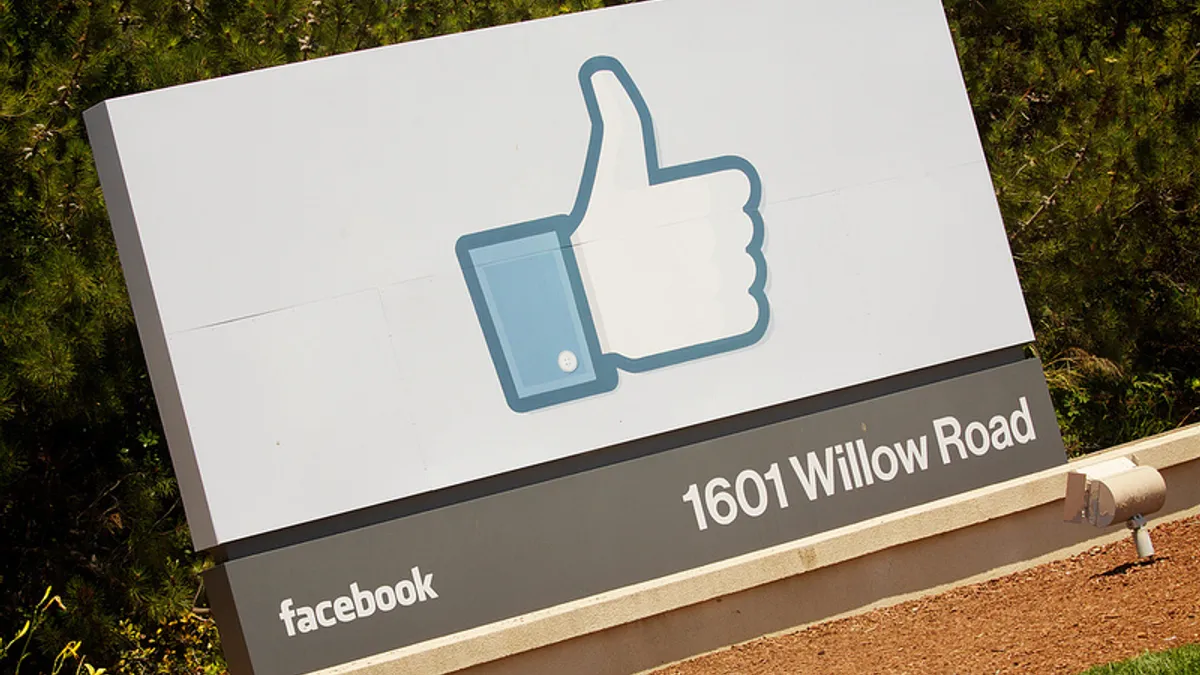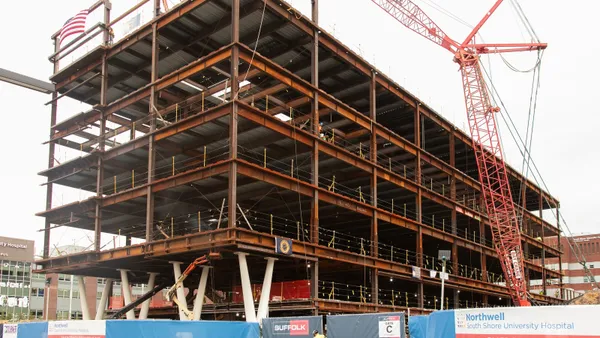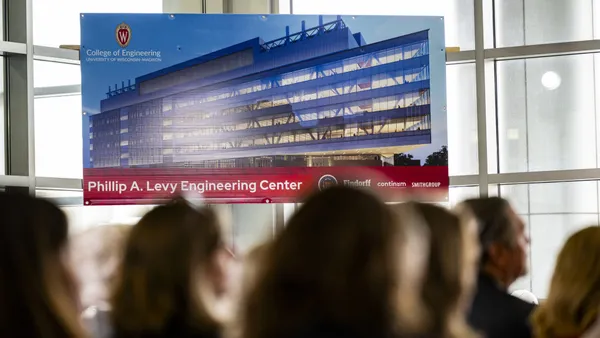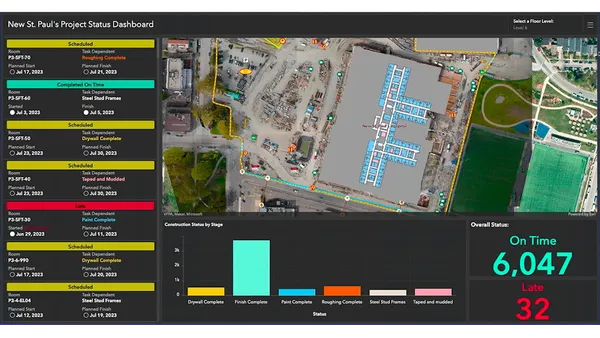Dive Brief:
-
Facebook introduced a new partnership aimed at alleviating the affordable housing crisis currently underway in the San Francisco Bay Area. The company will start by setting up the Catalyst Housing Fund with $18.5 million to produce and protect affordable housing, and it will give $250,000 to Rebuilding Together Peninsula to support low-income housing.
-
The company will also dedicate $625,000 to job training in the science, technology, engineering and mathematics fields, and it has installed a community advocate to scout the resultant programs for possible future talent. It will give $500,000 to a fund providing legal support to residents facing displacement, unsafe living conditions or unfair treatment from landlords.
- The Facebook-funded alliance includes local partners such as Youth United for Community Action, Faith in Action Bay Area, Comité de Vecinos del Lado Oeste — East Palo Alto and area local governments.
Dive Insight:
Facebook’s latest move represents the most funding it has committed toward affordable housing in Silicon Valley, The Mercury News reported, and it comes as the region’s inventory of low- and middle-income housing reaches crisis levels.
The company’s recent expansion was approved on the condition of it providing rent and transportation subsidies, affordable housing contributions and other benefits as it, along with its peer tech companies, attract new residents to the region for its high-paying jobs in the sector.
A recent study by Builder magazine found that San Francisco and San Diego had the biggest disparity between median incomes and the required salary to afford a home there. For example, San Francisco's median home price of $835,400 requires a salary of $152,173 to purchase, while the median household income there stands at $83,222.
The dearth of affordable housing in many of the nation’s urban centers is forcing city officials to come up with new initiatives to help plug the gap.
Voters in San Francisco this summer approved a measure requiring residential developments of 25 units or more to include 25% affordable units, up from a current requirement of 12%.
And the New York City Council last week paved the way for four new housing developments largeting low- and middle-income residents in East Harlem and the Bronx as part of the mayor’s plan to make 200,000 new or existing affordable housing units available to residents in the next 10 years.
For more housing news, sign up for our daily residential construction newsletter.













